Israel’s booming alcohol industry is so much more than Kosher wine
Published June 7, 2021
This story originally appeared on The Nosher
There’s a lot of good stuff flowing in Israel today, and it’s not just milk and honey. The players in the bubbling alcohol industry — made up of vintners, brewers, and distillers located all over the country — are bringing to market world-class beverages that combine traditional production techniques with the fruits, grains, and herbs native to Israel, and the “startup” personality of its people, too.
It all started with wine. As Janna Gur wrote in her landmark book, The Book Of New Israeli Food in 2007, just as the quality of Israeli food improved, so did that of the wine. “In 1983,” said Gur, “Golan Heights Winery went into production, heralding a new age for Israeli wines.” Today the winery produces an average of 5.5 million bottles of wine a year.
ADVERTISEMENT
In total, there are more than 250 wineries in Israel producing more than 40 million bottles of wine a year. The varieties run the gamut from the familiar — Cabernet Sauvignon and Sauvignon Blanc — to wines made of local grapes like the Marawi, a white grape variety indigenous to the land of Israel.
The Israeli wine industry paved the way for other alcoholic beverages. Read on to learn how Israeli distillers and brewers have adapted the secrets of its success.
Whiskey
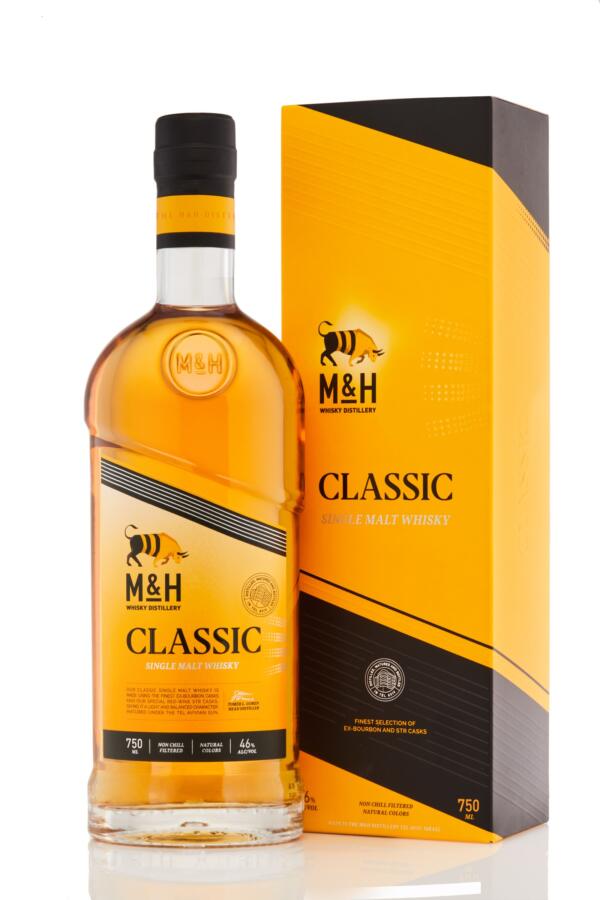
While Israel is not Scotland, it does have a growing selection of whiskies, some of which have come to enjoy international recognition, like the classic single malt from M&H distillery (formerly Milk and Honey) in Tel Aviv. M&H distillery is joined by other whisky producers in the Golan Heights, Elah Valley, Pardes Hannah, the Hula Valley, and Jerusalem.
Why have this handful of distilleries opened recently in a country that historically had none? According to Gal Granov, cofounder of the whisky blog, Whisky Israel, “the Israeli spirit market changed about 10 years ago when the taxation of whisky changed. Whisky became more affordable. Coupled with that, people were traveling more and exposed to the alcohol culture of other places.The younger generation wanted to experience new things.” The combination of economics and adventure made Israel ripe for dabbling in the whiskey trade.
ADVERTISEMENT
David and Alona Zibell founded Golani Distillery in the Golan Heights one month after they emigrated to Israel from Canada in 2014. “The Golan is ideal,” explained Zibell. “It is green and lush in the winter, has lots of fruit and grain, it is a great source of Israeli water from local, natural springs, it is quiet and has a great climate to age whisky. “
Some Israeli whiskies are sold abroad. “M&H, Golani, and Yerushalmi do not rely solely on the local market,” says Yoav Gelbfish, who runs the blog Whisky Gospel. Others are currently selling, said Gelbfish, or planning to market their wares to the global market, which is thirsty for interesting and new whiskies.
Whiskies to Watch:
- The Golani Distillery’s Golani Single Grain is made with malted barley from abroad, local water, and locally grown wheat.
- The award-winning single malt from M&H distillery, now sold in the U.S.
- The newly released single malt Solum Sessile Oak from the Yerushalmi Distillery in Jerusalem.
Spirits
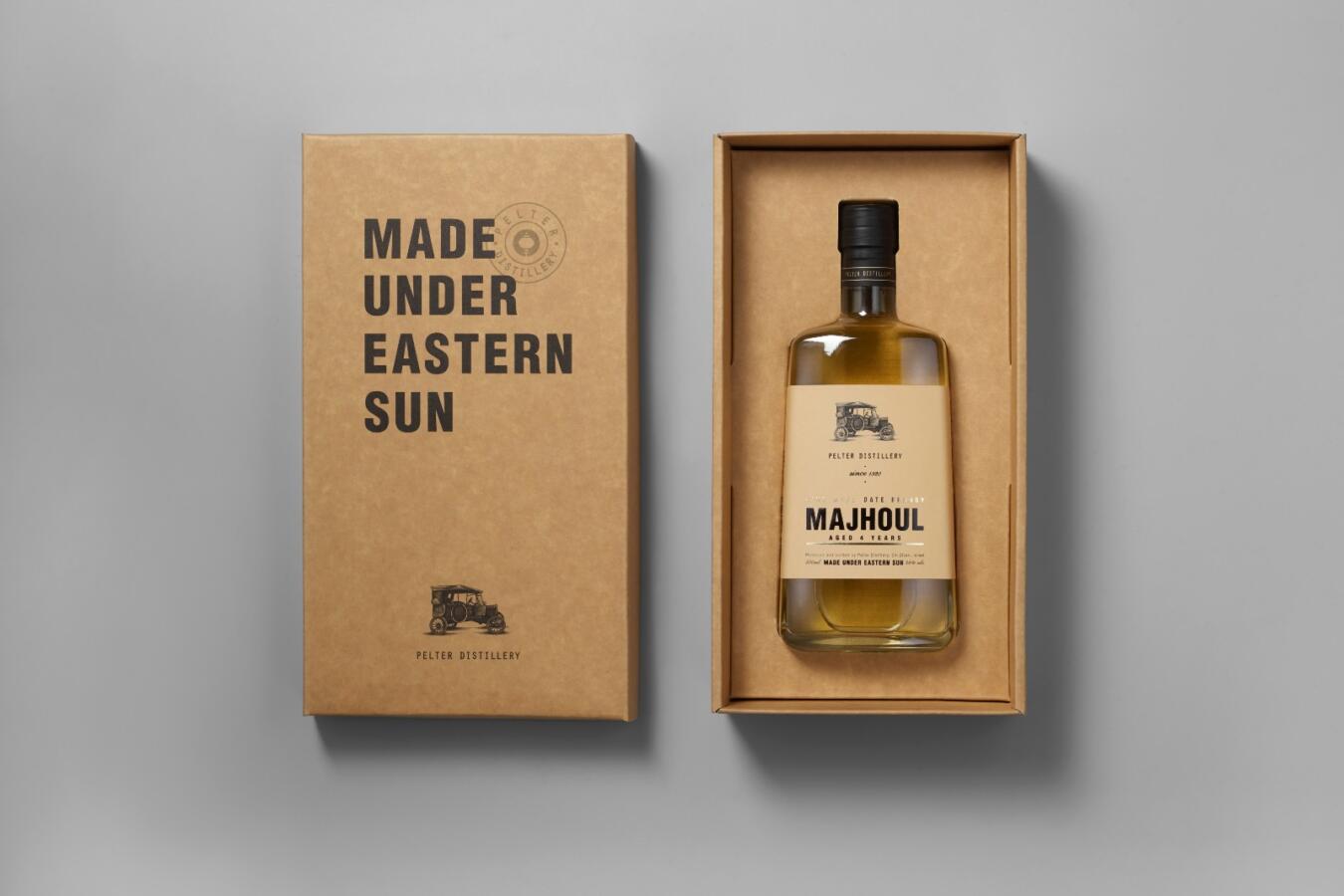
Several of the distilleries that are producing whisky offer other spirits, too, made with local fruits and herbs, for an only-in-Israel flavor profile. M&H makes Levantine gin made with cinnamon, chamomile, and black pepper; the Golani Distillery sells Holy Land Gin, which is distilled with juniper, coriander, cardamom, and myrtle.
Zibell, of Golani Distillery, had planned to only produce whisky, but soon realized that he “needed to find a way to bring in some revenue while the whisky was maturing in the barrels.” A friend introduced him to absinthe, a drink with a high alcohol content that was popular in France at the end of the 19th century. After mastering the classic version, Zibell’s now working on a variant made with local ingredients, like nana (mint), za’atar, and sheeba, a local wormwood.
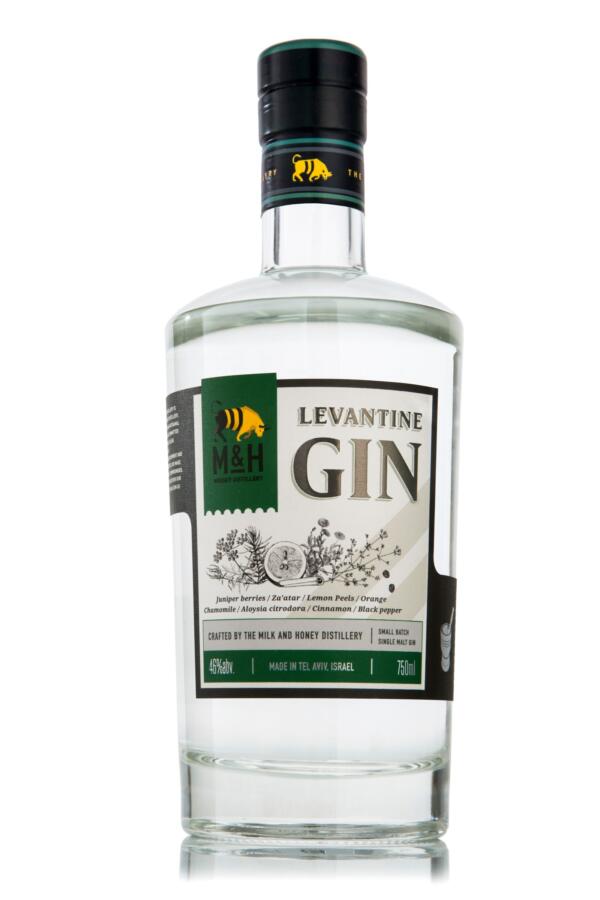
Spirits to Watch:
- Hollander Distillery in the Jerusalem Hills makes a fig schnapps from fresh figs grown in the Bet Shean valley.
- In the western Galilee, Jullius Craft Distillery, the first artisanal distillery in Israel, produces gin and eaux de vie, a clear fruit brandy distilled from regional grapes, honey, and other produce, like clementines and etrogs, the citrus used on the harvest holiday of Sukkot.
- Pelter Distillery in the Golan makes a Majhoul brandy from Israeli medjool dates.
Arak
Until recently, arak — an aniseed liquor made by fermenting fruit, often grapes — was a low-priced, low-brow, high-alcohol-content drink sold in supermarkets and grocery stores.
Zibell, who makes several types of arak in his distillery, notes that “the younger market is leading the demand for arak. They are looking for something cheap and tasty.”
The arak on the Israeli market today ranges from Lebanese style, brought to Israel’s Galilee by Lebanese citizens who fled to Israel in 2000 after Israel withdrew from southern Lebanon, to creative variants from Arak Gat, flavored with bubble gum or mint, to name a few.
Craft Beer
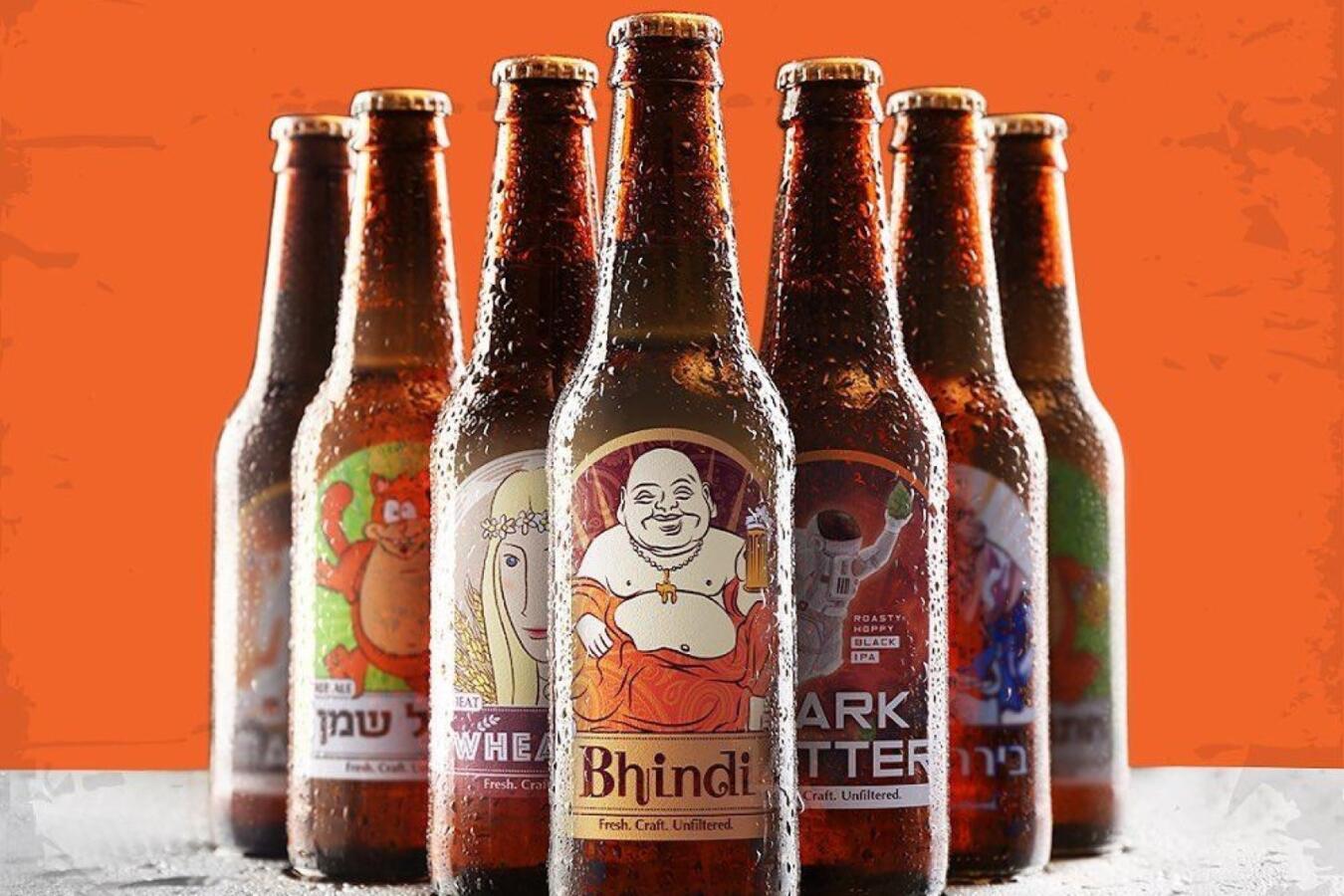
Years before whisky distilleries began operating, the world of Israeli beer had already begun to change, following the worldwide demand for artisan, locally made ales. For decades, if you were thirsty for a local beer, you could choose from two: Goldstar or Maccabee. Today, you can select from dozens.
Avi Moskowitz is the cofounder of BeerBazaar, a beer purveyor and brewer that offers only local craft beers. Before COVID-19 resulted in the closure of his five franchises in Jerusalem and Tel Aviv, you could choose from more than 100 local craft beers at any one of his locations. Now, BeerBazaar sell online. They even released a new blond ale during the pandemic called Ihiye Beseder (It Will Be OK).
The growing interest in craft beers reflects a worldwide trend coupled with the startup nature of Israel. “American expats brought the craft beer spirit to Israel,” says Moskowitz. “People worldwide are looking for something different, wholesome, local, and hand-crafted. The local beer scene here is reflective of innovation throughout Israel and of the spirit and passion of the Israelis.”
Israeli craft beers use “local ingredients like zaatar, wheat, apricots, oranges, guava, strawberries, pineapple. The Israeli beer palate leans toward the sweet. We have many fruit-based beers.”
Beers to Watch:
- The Dancing Camel, the first licensed microbrewery in Israel, has a blond ale named after a popular Tel Aviv beach: the “Gordon Beach Blond,” flavored with local rosemary and mint.
- The Olde Papa, also from The Dancing Camel, is named for Rav Papa, a fourth century Talmudic scholar, and sweetened with silan (date honey).
- Malka Brewery recently released an eau de vie de biere with Verstill, a startup that collaborates with brands in creating signature spirits.
Craft Cocktails
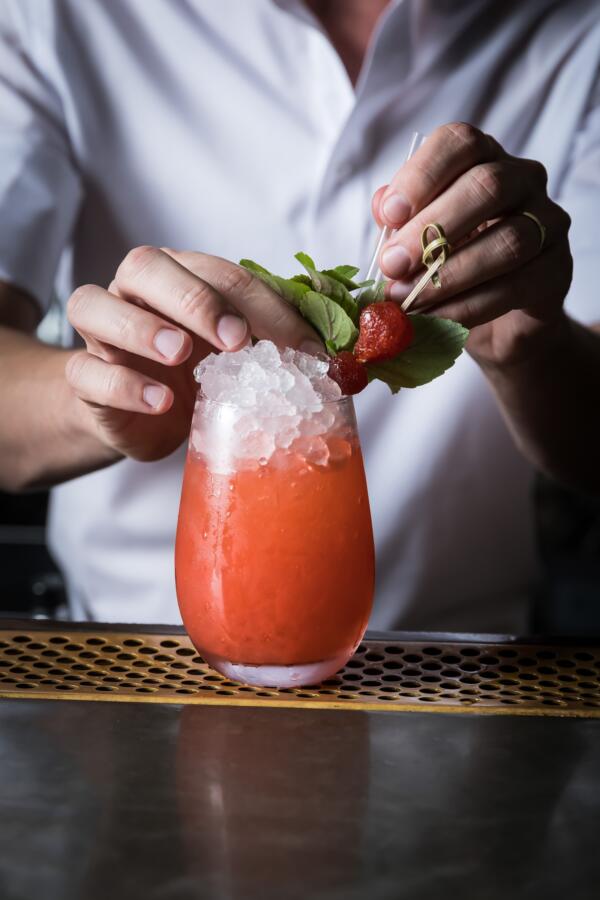
Another worldwide phenomenon that made its way to Israel is craft cocktails. The first cocktail bar opened a mere 12 years ago in Tel Aviv. Today, Israel is home to a hot, spirited, and internationally respected craft cocktail scene that incorporates local beer, wine, and spirits — not only to support local businesses but because they stand behind the quality of the product — alongside internationally recognized brands.
A nationwide willingness to experiment, or “chutzpah,” as Yael Gai of Golan Winery put it, characterizes Israel’s cocktail market; it’s creative, colorful, and can match the best bars anywhere else in the world — but with a difference.
Bar Shira, of Imperial Craft Cocktail Bar, and Ariel Leizgold of 223, among the top Tel Aviv mixologists, spoke of the hallmark of the Israeli bar scene: hospitality.
“We are thorough, inventive, and imaginative while giving you warm, informal hospitality. That’s how Israelis are,” said Shira. “We try to be warm and welcoming while giving you a decent drink. And the liquor and the presentation are top notch.”
Noy Davidai, a bar and beverage consultant who has worked at some of the hottest bars in Israel, including The Library Bar at The Norman Hotel, is bullish on the future of the alcohol industry in Israel.
“Local businesses are producing high-quality spirits, wine, and beer,” said Davidai. Although the spirits are expensive, one can “actually make a business and a living out of it.”
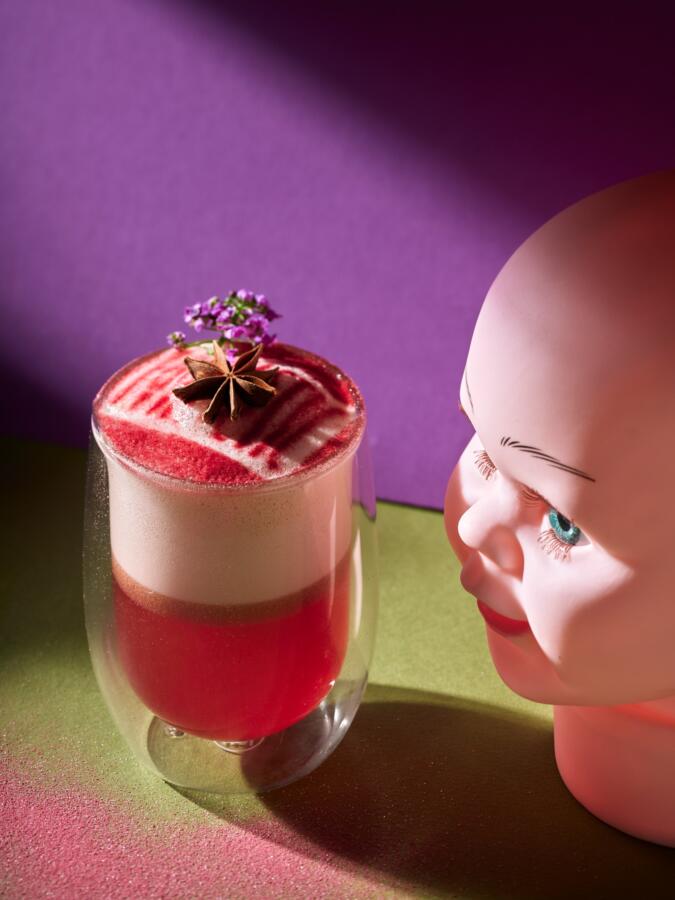
Cocktails to Watch:
- Jullius Distillery’s honey distillate infused with plums is paired with a citrus-honey syrup made out of local ingredients in the Sloe Gin Fizz served at 223.
- Bar Shira plans to use Jullius Distillery’s upcoming carrot eau de vie in their Bloody Mary’s. They also use Golani Distillery’s absinthe in their mixed drinks.
- Noy Davidai serves a Gringo Punch at The Library Bar at the Norman Hotel with tequila, locally grown and prepared mango puree, pineapple-chili syrup, and lime.
















